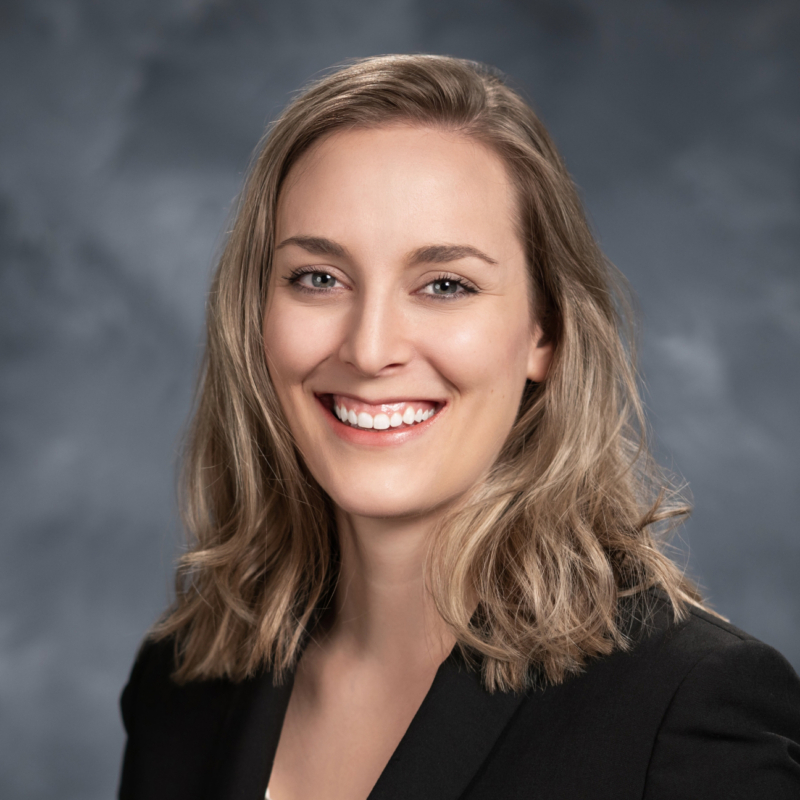
Josianne Bailey-Abesamis, MD
COVID ICU
Despite daily calls to multiple families and having conversations regarding de-escalation of care, I feel like I’m still learning how to thoughtfully share bad news. There are times when “the last work” for some patients and their families is more about compassion than medicine.
I had just begun a month long rotation on the medical intensive care unit (MICU) when the overnight resident introduced me to a new patient, Mr. Smith, during sign out one morning.
Mr. Smith had been evaluated in the emergency department the night before. He had worsening shortness of breath and no prior history of this problem. His COVID test was positive. Only 40 years of age and overweight, he was placed on high flow oxygen and asked about his code preferences. He wanted to be full code but was concerned about intubation.
After a few hours on high flow oxygen he had to be intubated and transferred to the MICU. He asked if he could call his family one last time in case he required sedation. Due to hemodynamic instability, Mr. Smith did, in fact, need to be sedated and the call was made.
Over the next month I rounded on him and talked to his wife daily about his progress. I watched as he went from a “possible extubation if we can stabilize him” to proning. Then he coded. Rushing to the bedside, which now meant standing outside the glass walls while being thrown information and donning personal protective equipment, I glanced at the monitor and saw asystole as well as an oxygen saturation in the 50s despite maximum ventilator settings.
Through the window I watched the CPR and nursing team working to save him. They achieved return of spontaneous circulation, but his heart stopped again and he desaturated back into the 50s.
I thought of how young Mr. Smith was and remembered how he had called his family before intubation, fearing the worst. My thoughts immediately changed to, “Wait! His family! Who is updating the family?!”
Thankfully, my teammate was already on it, letting the family know what was happening. Eventually, the code team achieved return of vital signs and started reconnecting wires and lines. As I talked to the nurse to finalize orders, my teammate walked up to me and said, “Did you know his wife is 28 weeks pregnant?”
I felt numb. “Should I cry? Should I push forward? What is appropriate? They don’t teach us this in medical school!” Though stabilized, Mr. Smith had experienced a long period of hypoxia. Was he brain dead?
A few days after the code, Mr. Smith was weaned off sedation; however, neither improvement nor awakening occurred. The diagnosis of hypoxic brain injury was likely and further improvement was not expected. His rollercoaster admission turned into multi-organ failure and superimposed infections.
The daily phone call updates to Mr. Smith’s wife started turning into tears on her end. She would cry and ask, “Isn’t there anything else you can do?”
I offered to pray. She readily agreed. Prayer became the focus of our calls. Unable to be with her husband in person, she had no choice but to communicate through people she had never met and would never know. She said her only comfort was the kindness of medical staff who cared enough to call, tell her his condition and pray with her.
Weeks passed and now it was the last day of my MICU rotation. Mr. Smith was now on multiple pressors and so unstable that even micro turns caused desaturations and bradycardia.
I picked up the phone to call his wife one last time. As I gave her the update I noticed she wasn’t crying anymore; she wanted to be strong for her kids and soon-to-arrive baby. I told her this was my last day. We prayed together. She asked if the person taking over would still call, and I assured her they would. She hesitated. I heard a plea in her voice that read, “Please don’t leave. You’re the only connection I have with my husband.”
A few days later I learned that Mr. Smith had passed.
I left the MICU feeling like I had lost a part of my ability to feel, because I was forced to move forward without time to process what I had experienced.
The pressure didn’t let up. With guidelines changing weekly, families were constantly asking about the treatment plans. All we could offer was that we were doing our best and we hoped the patient would survive.
During that difficult time, prayer helped me accept what I was incapable of fixing. I realized God was walking with me and my patients while holding each detail of their care in His hands.
I’ve come to value the importance of taking an extra 10 seconds to squeeze a patient’s hand to let them know I care. Ministering to other patients helped me to feel again. I did not have to be this robot that pushed through rounding, notes, nursing calls, and family calls. Instead, in those short moments, I got to be just me without the MD title.
<< | Table of Contents | >>
